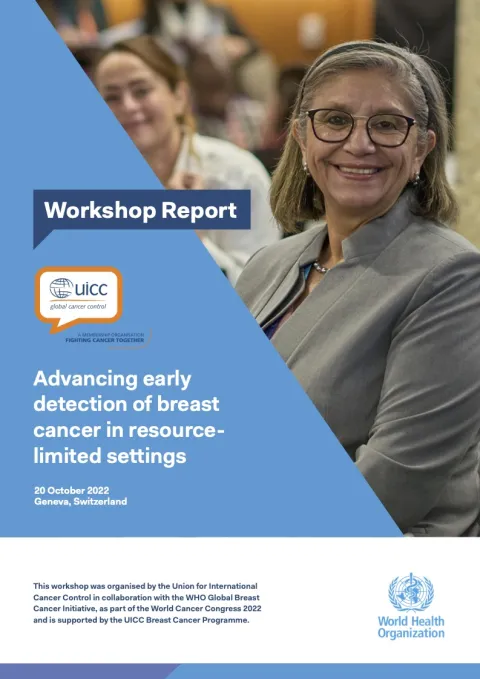Patient navigation for early detection, diagnosis and treatment of breast cancer, Technical brief
Patient navigation is a crucial, evidence-based intervention designed to enhance breast cancer programmes by addressing barriers to accessing health care and social services. This publication serves as the first technical guide for the WHO Global Breast Cancer Initiative (GBCI) implementation framework, aiming to assist Member States in establishing effective breast cancer navigation programmes. It is intended for use by ministries of health, programme managers, technical and funding partners, and other practitioners involved in breast cancer programme implementation.
The document outlines the roles and competencies required for patient navigators, focusing on the three pillars of the GBCI: early detection, timely breast diagnostics, and comprehensive breast cancer management. Patient navigators play a vital role in educating women about screening benefits, assisting with navigating the health system to obtain timely diagnoses, and helping women make informed treatment decisions while ensuring adherence to treatment plans.
Additionally, the publication highlights operational considerations for policymakers, such as developing training and professional qualifications for patient navigators, identifying funding mechanisms, and engaging supportive stakeholders. It also introduces implementation research as a valuable approach to assess, adapt, and scale up breast cancer patient navigation programmes, ensuring their relevance, uptake, and sustainability. The document provides context-specific models and best practices that can be adapted for other major malignancies.

Resource Information
Last update
Friday 08 November 2024
